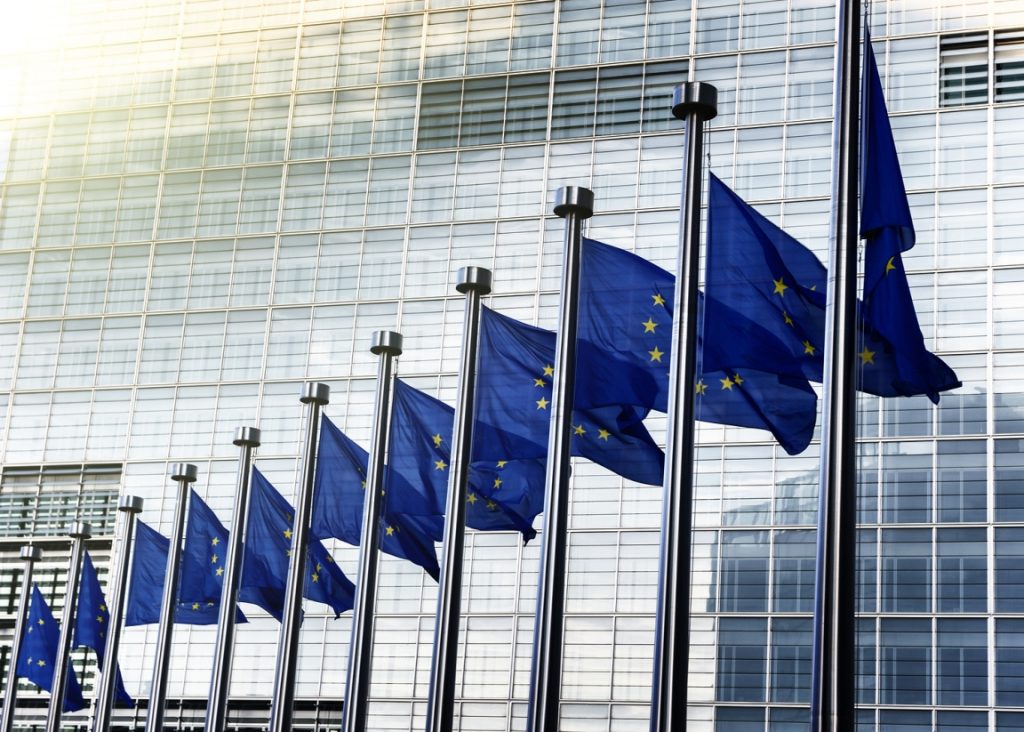Comments and evidence have been requested as the EU develops plans to transition to clean heating and cooling systems while ensuring energy security
The European Commission is asking the public and industry stakeholders for feedback as it prepares its Heating and Cooling Strategy in 2026.
Plans to decarbonise the region’s heating and cooling will include promoting energy efficient solutions, addressing inefficiencies in the market and an action plan on geothermal energy.
The commission said the strategy aimed to achieve a “cost-effective transition to clean heating and cooling” through better integration while ensuring bills remain affordable.
“For the EU to achieve its objectives of energy security, affordability, competitiveness and decarbonisation, it is urgent to address energy system inefficiencies and other shortcomings, eliminating wasted energy and increasing smart integration,” said the commission.
The call for evidence – open until 9 October – and the public consultation, which closes on 20 November, form part of the commission’s Action Plan for Affordable Energy launched earlier this year.
The Heating and Cooling Strategy will support broader policy frameworks and local and national levels, explained the commission, as well as addressing problems not directly covered by current legislation.
“These include financial barriers, obstacles created by infrastructure planning and development and challenges to incentivise demand and simplify access of consumers to efficient and affordable solutions,” it continued.
It will work to tackle summer and winter fuel poverty, ensure trained professionals are available and work on “efficiency levers” such as planning and district heating.
The commission said 70% of the EU’s heating came from fossil fuels, with the share of renewables growing “very slowly”. It noted that heat pump sales had started to decline, saying that this could be attributed to high electricity prices.
It said the potential of geothermal and solar thermal was “largely untapped”, noting that waste heat was equivalent to 30% of the EU’s total energy demand. The EU aimed to have 11% of heat demand covered by waste heat, it added.
“Because climate conditions on the EU’s territory are heating at twice the global average, creating cooling infrastructure in cities will be essential for the health of citizens and for limiting the economic impact of heat waves,” it added.
The commission said the likely impacts of the initiative would be greater energy security for the EU, more affordable energy, better air quality, greater energy efficiency and more investment in clean energy.
